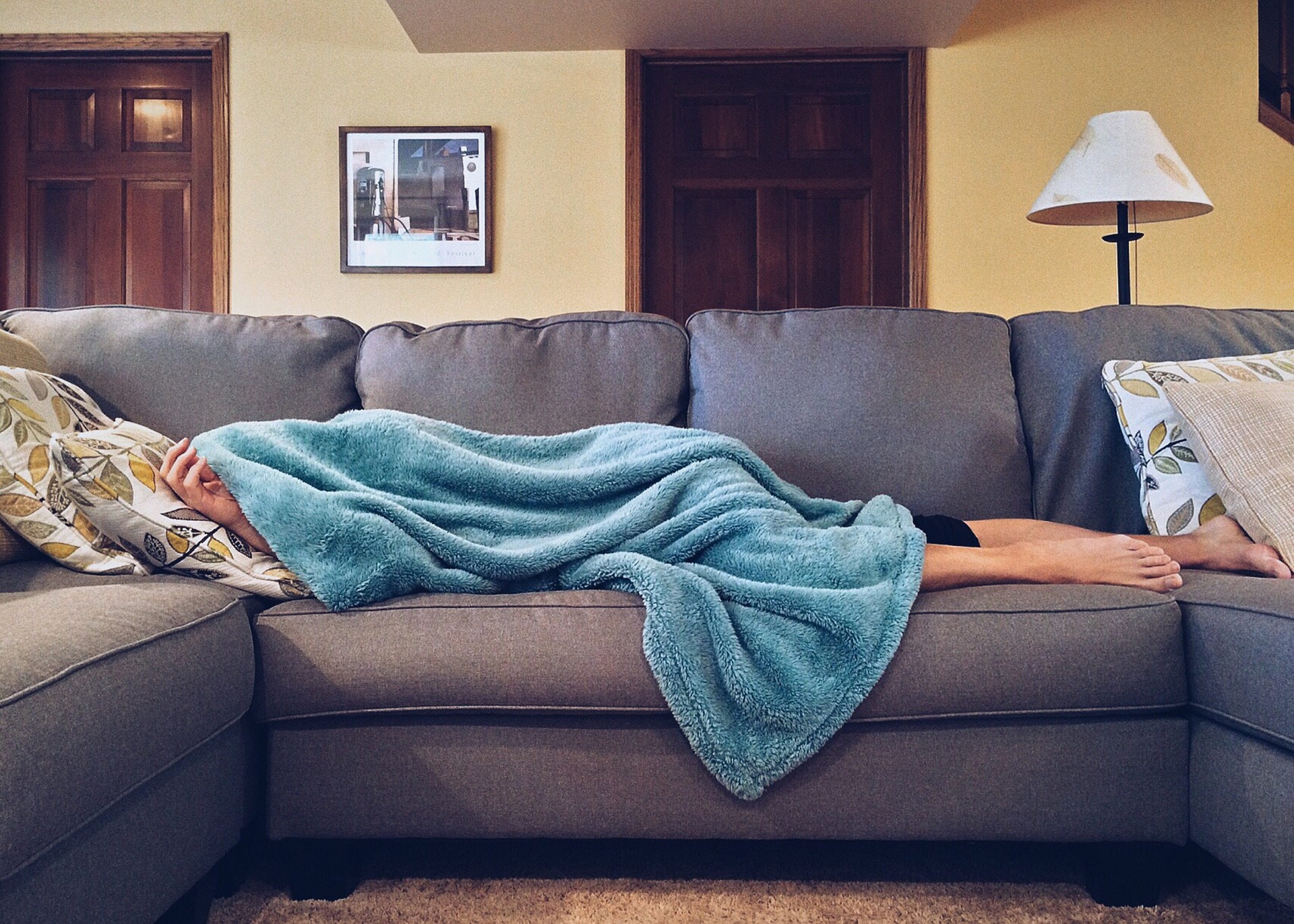
It’s so easy to assume that the air quality inside your home is better than the outdoors, but often, it’s not. Homes, especially those with a few air leaks, often have levels of air pollution that make them one of the most hazardous environments people encounter. The most common sources of these pollutants include:
Outdoors
- Pollen. It’s not the showy flowering plants and trees that add pollen to the air, but in reality, it’s the shrubs, grasses and trees, whose flowers are inconspicuous, that drive up seasonal pollen counts. These plants rely on wind-driven pollination and it often finds its way indoors on your clothing, pets, and open windows and doors.
- Vehicles and yard equipment. If you live near a busy street or have an attached garage, your home may have high levels of vehicle exhaust and carbon monoxide, or other toxic gases from chemicals stored in the garage.
Indoors
- Humidity. In Eastern North Carolina, excessive humidity is a major culprit in degrading indoor air quality. It can foster the growth of harmful mold, bacteria and viruses that affect the health of you, your home and its contents.
- Volatile organic compounds (VOCs). Few homes are completely free of VOCs because they’re found in so many products used for cleaning, personal care, home decorating and remodeling. You will find it in make-up, anything perfumed, air fresheners and many plastics.VOCs have varying impacts on people, from mild respiratory reactions to severe illness, like cancer and organ failure. Other than avoidance or ample fresh air ventilation, the few ways to mitigate their impacts are through UV (ultraviolet) lights and houseplants.
- Dust particles. Dust mite waste, mold spores, pet dander, dead skin cells and lint are the primary components of dust. Dust mite waste is one of the most common allergens and asthma triggers. Homes that have carpet, lots of upholstered furniture, or fabric window coverings are more susceptible to high dust mite populations.
Although these pollutants degrade air quality, fortunately, ways exist to clean and purify it. To learn more, contact Jackson & Sons Heating and Air, providing HVAC services for eastern North Carolina homeowners.
Jackson & Sons, Inc.
Our goal is to help educate our customers in Eastern North Carolina (including Wayne, Johnston, Greene, Lenoir, Pitt and Duplin Counties) about energy and home comfort issues (specific to HVAC systems).
Credit/Copyright Attribution: “Wokandapix_pixabay”